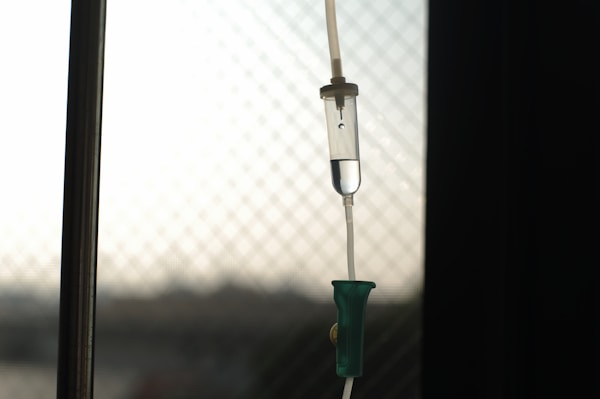Substance Use Disorder: Understanding the Road to Recovery
Substance use disorder can be incredibly difficult to manage and can have a serious impact on your life, which is why drug rehab centers, like The Hope House, exist. Understanding the road to recovery is a necessary part of the process, but it can be complicated and challenging to navigate. In this article, we will explore the path to recovery from substance use disorder, discuss the various treatments available, and provide tips for staying the course. Keep reading to learn more!
Admit you have a problem.

The road to substance use recovery begins with admitting that you have a problem. This can be one of the hardest steps in the recovery process, but it is also one of the most important. Admitting that you have a problem means recognizing that your substance use has caused problems in your life and that you need help to overcome it.
Acknowledging that you have a problem with substance use is the first step towards getting the help you need. This might involve talking to a loved one or seeking professional help. It’s important to remember that admitting you have a problem doesn’t mean you are weak or flawed. It takes strength and courage to acknowledge a problem and take steps to address it.
Find a residential treatment center or outpatient program.
For individuals struggling with substance use disorders, finding the right treatment program can be a critical step on the road to recovery. Residential treatment centers and outpatient programs can offer a range of services and support to help individuals overcome addiction and achieve lasting sobriety.
Residential treatment centers provide 24-hour care in a structured and supportive environment. These programs typically offer a range of services, including individual and group therapy, medical and psychiatric care, and addiction education and support. Residential treatment can be particularly beneficial for individuals with severe addiction or co-occurring mental health disorders, as it provides a safe and supportive space for individuals to focus on their recovery without the distractions and triggers of everyday life.
Outpatient programs, on the other hand, allow individuals to receive treatment while still maintaining their daily responsibilities. These programs are typically less intensive than residential treatment, but can still provide individuals with counseling and support.
Detox your body.

Drug detoxification is an essential first step on the road to substance use recovery. Detoxing involves ridding the body of the toxic substances that have accumulated as a result of drug or alcohol abuse. The detoxification process can vary depending on the individual and the substance being used, but it typically involves a period of abstinence and medical supervision to manage withdrawal symptoms.
Detoxification is critical because it prepares the body and mind for further substance use disorder treatment. Without detox, individuals may struggle to focus on treatment and may be more likely to relapse. Once detox is complete, individuals can begin to address the underlying issues that led to their substance use disorder and work towards lasting recovery.
Receive therapy and make lifestyle changes.
Recovery from substance abuse is a complex process that requires a multifaceted approach. One crucial aspect of this process is receiving therapy. This can help individuals identify triggers and underlying causes of substance use, develop coping skills to manage cravings and triggers, and improve their overall mental health and well-being. Different types, such as cognitive-behavioral therapy (CBT) and dialectical behavior therapy (DBT), can be effective in helping individuals recover from substance abuse. It can also provide individuals with a supportive and non-judgmental environment to explore their thoughts, feelings, and behaviors related to substance use.
Another important aspect of the road to substance use recovery is making lifestyle changes. This may involve adopting a healthier diet and exercise routine, developing a consistent sleep schedule, and engaging in stress-reducing activities such as yoga or meditation. Making these changes can help improve overall physical and mental health, reduce stress and anxiety, and provide individuals with positive coping mechanisms to replace substance use.
Overall, substance use disorder is a serious issue that requires care and attention. With proper treatment and support, individuals can gain the tools and skills necessary to manage their condition and improve their quality of life. With the right resources, people can successfully navigate the road to recovery and lead healthier, more fulfilling lives.




